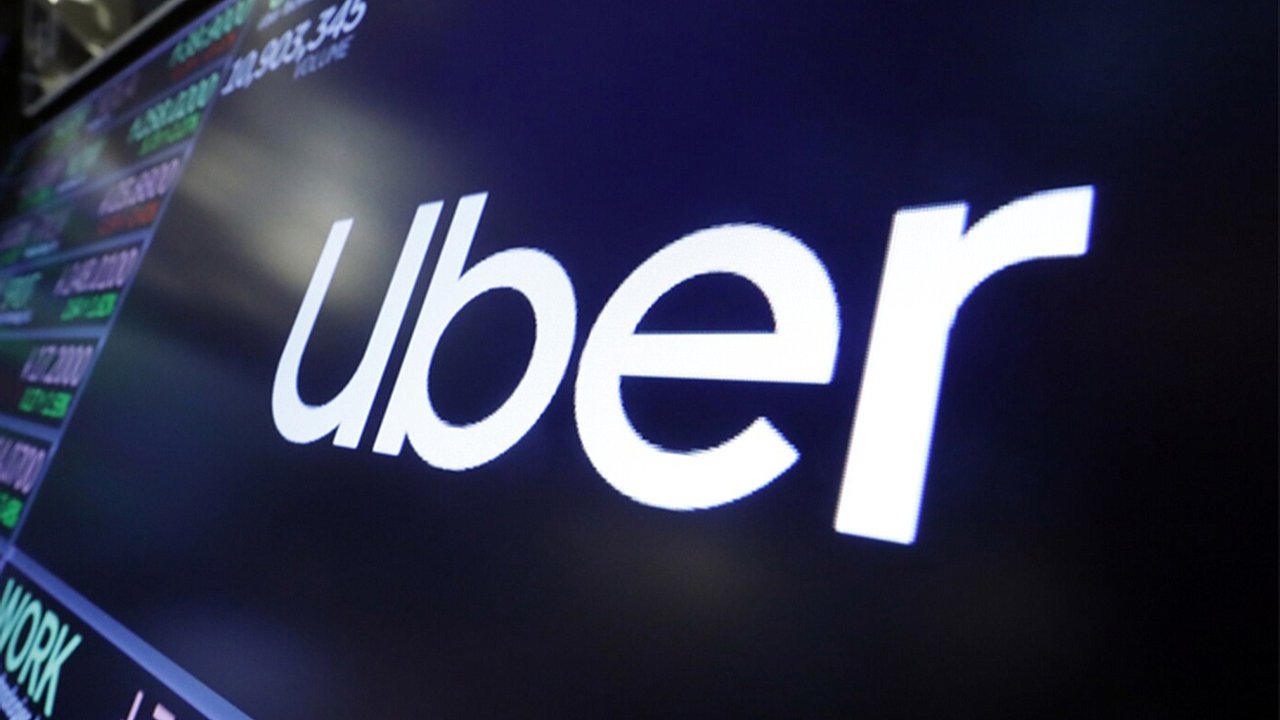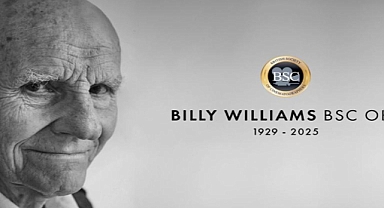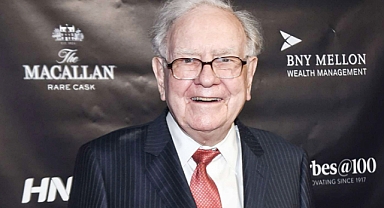Uber’s Growth Faces Headwinds Amid Currency Challenges and Legal CostsUber’s shares fell by as much as 7% on Wednesday following the release of its fourth-quarter earnings, which, despite hitting record highs in certain areas, presented a weaker-than-expected outlook due to foreign exchange challenges and legal expenses.
The San Francisco-based ride-hailing giant projected first-quarter gross bookings between $42 billion and $43.5 billion, falling short of analysts’ $43.5 billion estimate, according to Visible Alpha data. Uber noted that, if currency exchange rates had remained at previous levels, its forecasted bookings would have been approximately $1 billion higher. The U.S. dollar recently reached a 26-month high against a basket of global currencies, impacting companies with significant international operations like Uber.
Chief Financial Officer Prashanth Mahendra-Rajah told investors that Uber’s outlook also considered disruptions from severe wildfires in Los Angeles and heavy snowfall across several U.S. cities.
Despite these challenges, Uber reported a mixed but notable fourth quarter. The company’s gross bookings, which measure total customer spending across its services, reached a record $44.2 billion, surpassing the expected $43.5 billion. Uber’s operating profit rose 18% year-over-year to $770 million but missed analysts’ projections of $1.2 billion due to a $462 million legal settlement reserve, details of which the company declined to disclose.
For the second consecutive year, Uber reported an annual operating profit, totaling $2.8 billion in 2024. CEO Dara Khosrowshahi emphasized the company’s continued growth, citing record highs in trips taken, gross bookings, and adjusted earnings. He also reiterated Uber’s confidence in capturing the emerging $1 trillion-plus market tied to autonomous vehicles.
Ahead of its earnings report, Uber announced that it would roll out self-driving taxi services in Austin, Texas, in partnership with Waymo, Alphabet’s autonomous vehicle subsidiary. Customers will pay the same fare for Waymo rides as they would for traditional human-driven trips. The deal, initially announced in September, signals Uber’s commitment to integrating autonomous vehicles into its platform.
However, competition in the self-driving space is intensifying. Tesla plans to trial its autonomous Cybercabs in Austin starting in June, presenting a direct challenge to Uber’s expansion in the sector.
Khosrowshahi assured investors that Uber is prepared to acquire self-driving vehicles to establish its own autonomous fleet in the early phases of deployment. Over time, the company anticipates a hybrid model incorporating both in-house and partner-operated autonomous cars.
In early 2023, Uber aimed to enhance shareholder returns with a $7 billion share buyback program. However, its stock has dipped 2% in 2024, as investors express concerns that widespread adoption of autonomous vehicles could disrupt Uber’s driver-centric business model. Analysts at Bank of America suggested these fears might be exaggerated, predicting clearer timelines for adoption in the coming year.
Speaking at the World Economic Forum in Davos, Khosrowshahi stated that he does not foresee self-driving technology displacing human drivers within the next decade. Instead, he envisions a long-term transition where human and autonomous systems coexist.
“For the next 10 years, you’re going to have hybrid networks of humans and machines,” Khosrowshahi said. “Ten years from now, things may be different.”
Genel
Yayınlanma: 05 February 2025 - 19:48
Uber Shares Drop as Strong Dollar and Legal Costs Cloud Outlook
Uber’s stock fell sharply after the company warned that a strong U.S. dollar would impact its first-quarter bookings and reported legal expenses that weighed on its otherwise strong fourth-quarter performance.
Genel
05 February 2025 - 19:48
These news may also interest you








